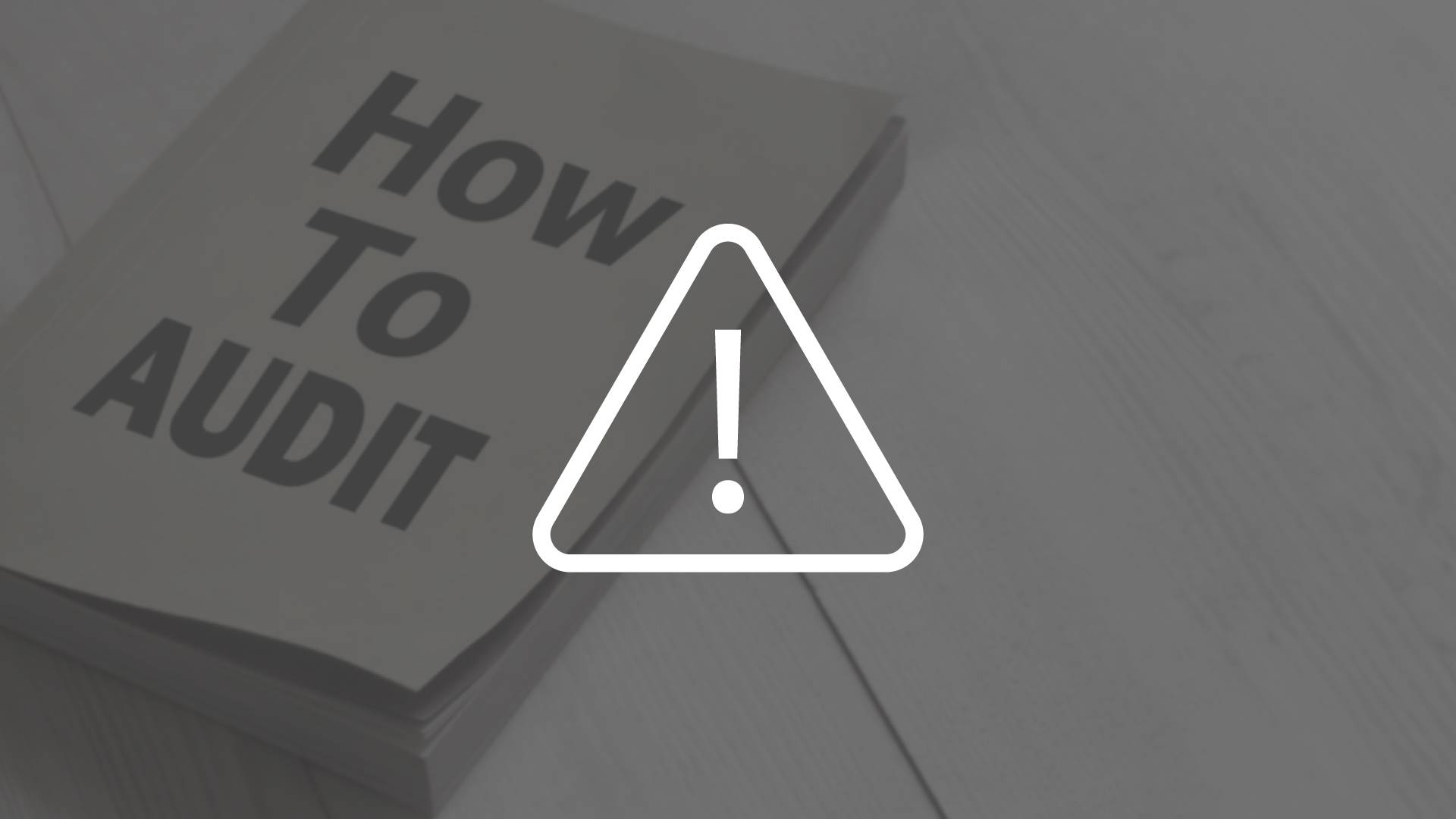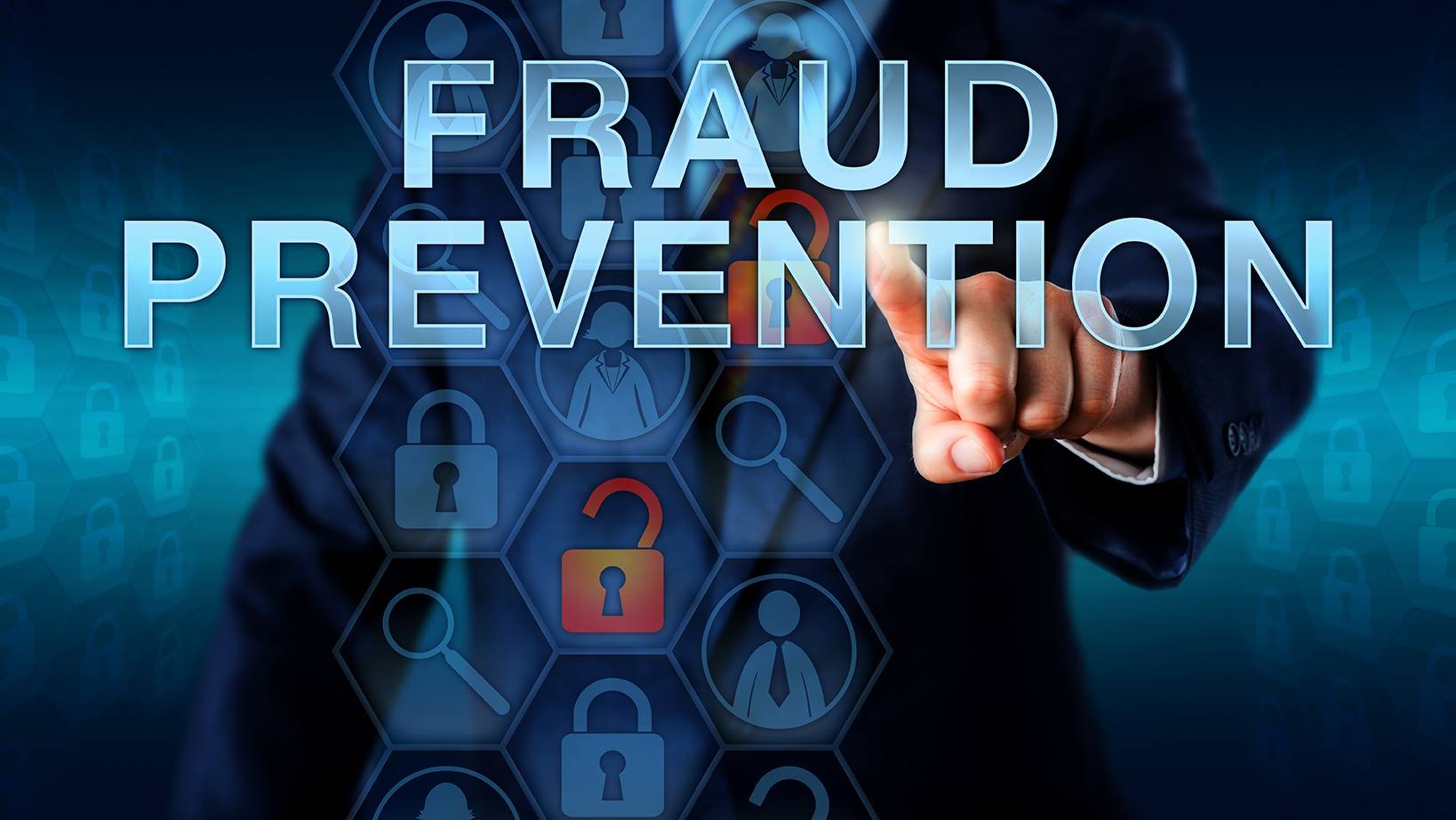Self-Study
Computer Fraud and Abuse
Advanced guide to Computer Fraud Prevention and Cybersecurity. Explore modern cyber threats and develop effective strategies to protect organizational assets from sophisticated digital attacks and social engineering schemes.

$174.00 – $204.00
Webcasts are available for viewing Monday – Saturday, 8am – 8pm ET.
Without FlexCast, you must start with enough time to finish. (1 Hr/Credit)
Please fill out the form below and we will reach out as soon as possible.
CPE Credits
6 Credits: Auditing
Course Level
Basic
Format
Self-Study
Course Description
In the digital era, computer fraud has emerged as a pervasive threat to organizations worldwide. With rapid technological advancements, hackers, fraudsters, and even foreign entities have become adept at exploiting vulnerabilities for illicit gain. This escalating problem exposes organizations to significant risks, including the loss of sensitive data, financial resources, and intellectual property. Traditional internal controls are often inadequate in the face of sophisticated cyber threats, leaving organizations vulnerable to attacks that can have devastating consequences. The challenge of ensuring cybersecurity is not just about technology; it’s about understanding the tactics used by criminals and implementing effective strategies to counter them.
This self-study fraud CPE course offers comprehensive training on combating computer fraud. It explores the most common techniques used by cybercriminals to target organizations, equipping participants with the knowledge and tools to safeguard their electronic environments effectively. Participants will learn to recognize reasons for inadequate data protection, understand the components of the fraud triangle, and identify different types of computer fraud and their current trends. The fraud CPE covers various social engineering tricks, malware attacks, and the effective use of internal controls to mitigate fraud risks. By understanding these elements and implementing robust countermeasures, participants will be empowered to protect their organizations from the growing threat of computer fraud, ensuring the security of their financial and intellectual assets.
Learning Objectives
Upon successful completion of this course, participants will be able to:
Chapter 1
- Recognize the reasons why organizations fail to adequately protect data and identify natural and political disasters, software errors and equipment, malfunctions, unintentional acts, and intentional acts of fraud and abuse.
- Cite the most common types of fraud and analyze the components of the fraud triangle.
Chapter 2
- Identify computer fraud, current trends in computer fraud, and classifications of computer fraud using the data processing model.
- Recognize the common techniques used to commit computer fraud.
- Recall the various social engineering tricks used to commit computer fraud.
- Cite the various types of malware attacks.
Chapter 3
- Identify how internal controls increase the difficulty for committing fraud and the features of the three control frameworks that help companies to develop their internal control systems.
- Cite specific ways for an organization to mitigate fraud and implement methods that will reduce or recover fraud losses.
Course Specifics
9153225
March 25, 2024
There are no prerequisites.
None
150
Compliance Information
Qualifies for CA Fraud Credits: 6
CFP Notice: Not all courses that qualify for CFP® credit are registered by Western CPE. If a course does not have a CFP registration number in the compliance section, the continuing education will need to be individually reported with the CFP Board. For more information on the reporting process, required documentation, processing fee, etc., contact the CFP Board. CFP Professionals must take each course in it’s entirety, the CFP Board DOES NOT accept partial credits for courses.
Meet The Experts

Marshall Romney, CPA, PhD, CFE, is the John and Nancy Hardy Professor of Accounting and Information Systems in the Marriott School of Management at Brigham Young University (BYU). He holds a bachelor’s and a master’s degree from BYU. Upon graduation, Marshall worked as an auditor with Touche Ross & Co. in Los Angeles. Marshall left public accounting to earn a PhD in accounting from the University of Texas at Austin. At Texas, Marshall was twice awarded the Arthur Andersen Accounting Excellence Award and was awarded a dissertation grant from R. D. Irwin. Marshall has published 25 books, including the leading …
Related Courses
-
 Auditing
Auditing
How to Audit for Fraud
Steven M. Bragg, CPA QAS Self-Study
Credits: 3 $87.00
QAS Self-Study
Credits: 3 $87.00$87.00 – $107.00
-
 Auditing
Auditing
Fraud Prevention, Detection, and Audit
Marshall Romney, CPA, PhD, CFE QAS Self-Study
Credits: 9 $261.00
QAS Self-Study
Credits: 9 $261.00$261.00 – $291.00
-
 Auditing
Auditing
Assessing Fraud Risks: Understanding Common Fraud Schemes
Marshall Romney, CPA, PhD, CFE QAS Self-Study
Credits: 7 $203.00
QAS Self-Study
Credits: 7 $203.00$203.00 – $233.00
